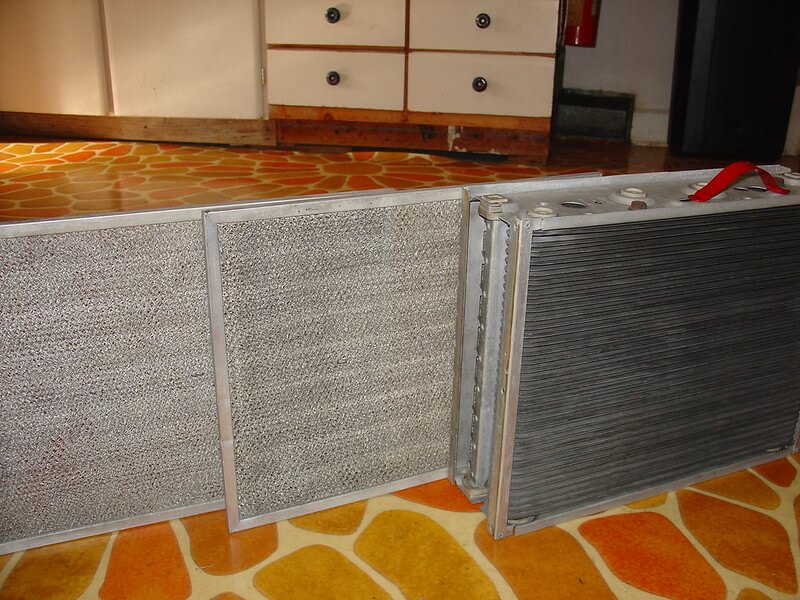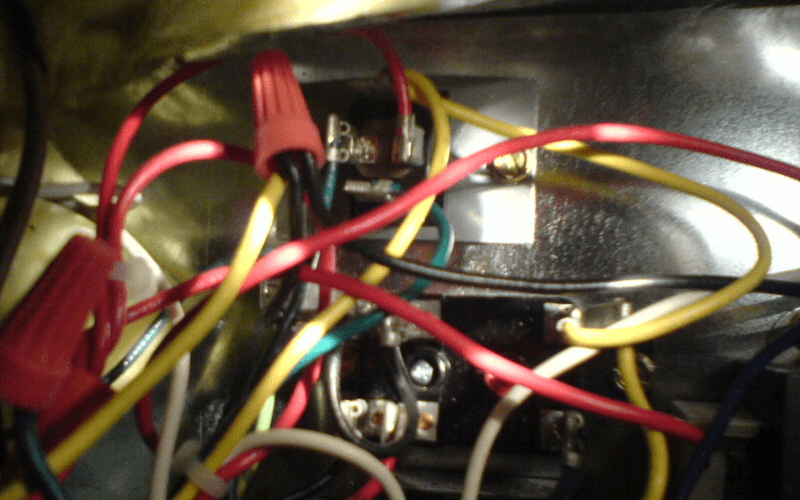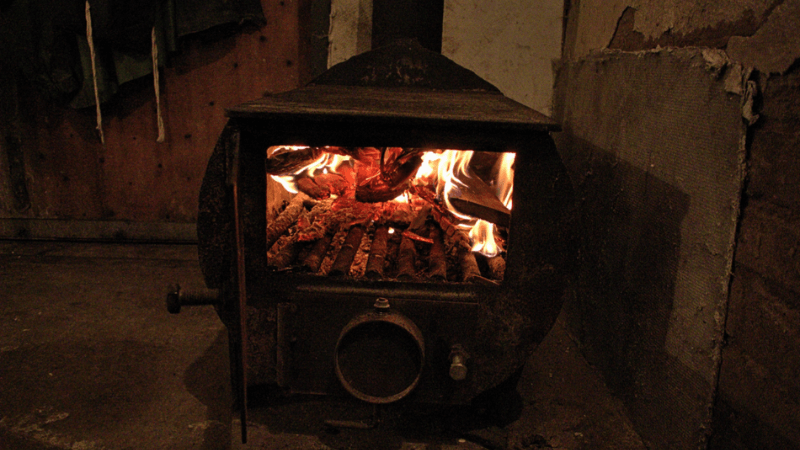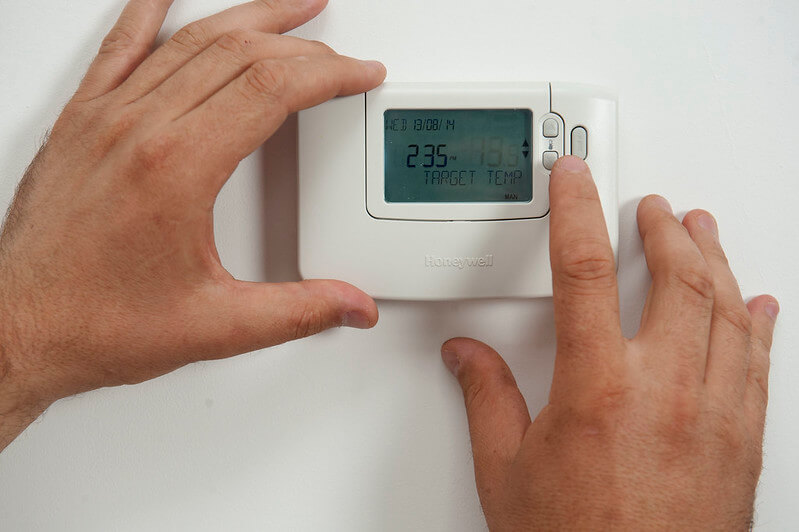Regular furnace maintenance is crucial and keeps your system working effectively while saving you big money in the long haul. If your furnace fuse keeps blowing, there are underlying issues you should check before replacing the fuse.
Replacing the fuse is a sure way of getting it back up and running. However, you should establish the problem and solve it to avoid the fuse from blowing soon. Below are a few reasons why a furnace fuse can blow up.
1. Dirt & Dust Accumulation
If you have not been properly maintaining your furnace, dust and dirt will slowly collect on the furnace or HVAC components. If dirt and dust reach the blower motor, it will cause overheating or eventually burning out the engines.

Dirt and soot from the furnace can also trip the high limit switch if the furnace has not been serviced for longer. Replace the air filter to prevent overheating. This should be done every three months, depending on the size of your home, and keep the furnace serviced regularly.
2. Faulty or Worn Out Parts
Faulty or worn-out parts may cause the unit to short circuit, thus blowing out the fuse. If you hear strange, unfamiliar sounds or noise from the furnace, this could indicate parts are failing. Below are some components of a furnace likely to wear out or fail over time.
- A faulty starting capacitor causes several electrical issues, such as failing to start the system, overheating, and vibrating. Overheating can trip the safety switch, temporarily shut down the unit, or blow out the fuse.
- The furnace blower motor will draw too much power, which may trip the safety switch or burn out the fuse.
- A faulty transformer can cause voltage surges, which leads to circuit breaker tripping frequently. When working correctly, the transformer is responsible for regulating the voltage that runs the ignition, timers, and controls.
- If the valve is faulty, it may force or keep too much heat inside the unit. This, in turn, causes the furnace to overheat. If not checked, it might potentially ignite a fire, which can be potentially dangerous.
3. Loose or Damaged Wires
Furnace wires can get loose or damaged as time progress.This can be from natural causes or vibrations as the furnace works.

A loose wire can short out, causing the fuse to blow. If you can locate the loose wires, power down the system and fix the issue. However, you can seek professional help if the task is challenging to carry out on your own.
4. Overvoltage
A fuse in a system prevents short circuits and protects it from overcurrent. An excess amount of current supplied to the furnace will cause the fuse to break or the circuit breaker to fall. This is done to prevent damage from overvoltage.
5. Leaking Water
An old leak in a furnace is not uncommon. If your furnace is attached to your whole house humidifier, moisture accumulation and leaks can cause a short. If you notice water leaks around your furnace, take care of the problem at hand before it gets out of hand.
6. Malfunctioning Thermostat Wiring
There are different types of thermostats available in the market. However, malfunctioning occurs mainly with thermostats designed with a metal frame. This is because an electrical short can be caused if the thermostat wires accidentally come into contact with the metal frame housing.
If this is the case, it will cause an increase in voltage, which overloads the wires and central board, causing a blowout of the fuse. When this happens, the furnace will stop functioning correctly or prevent the draft inducer from starting.


